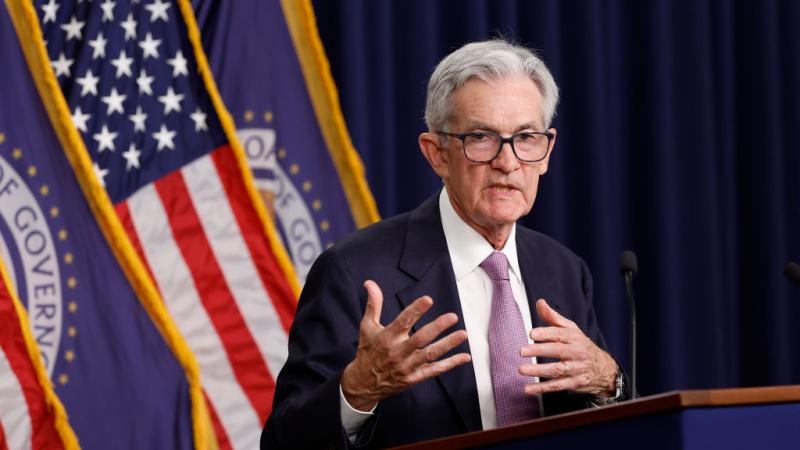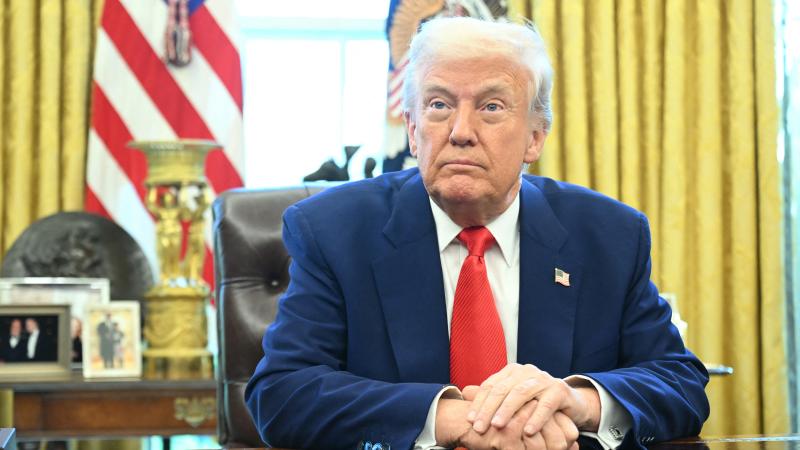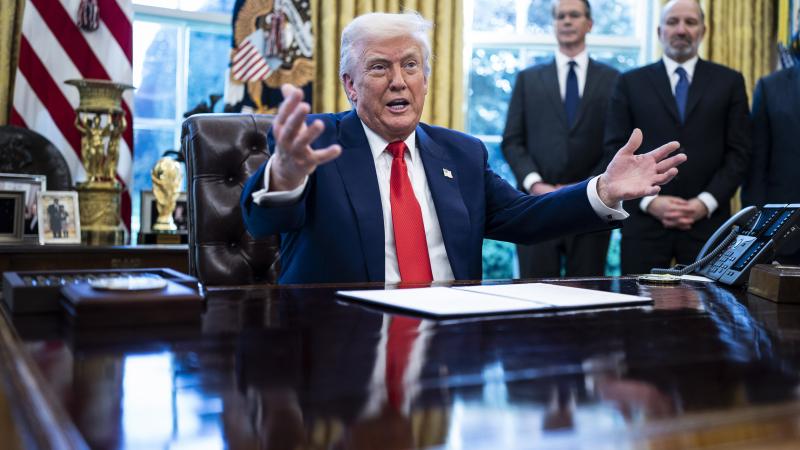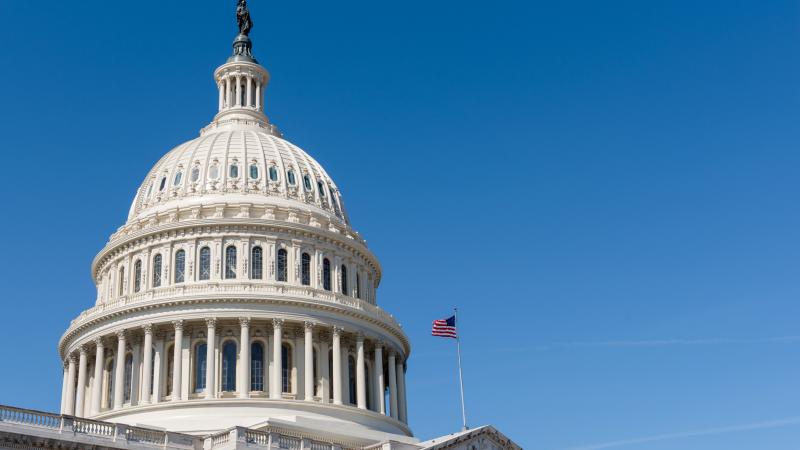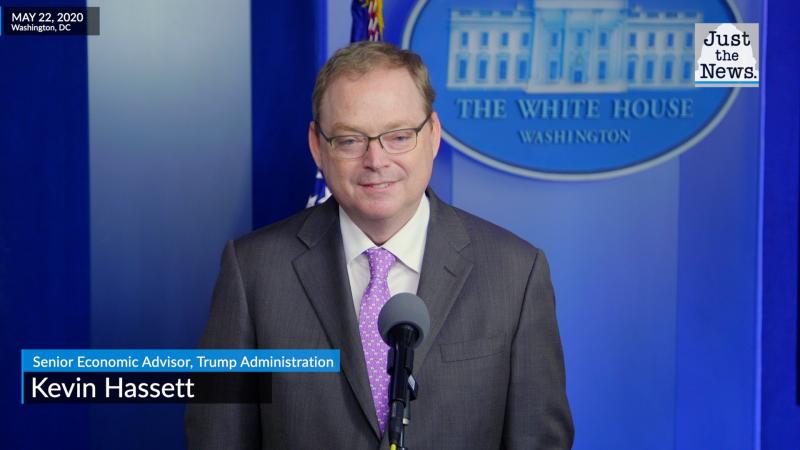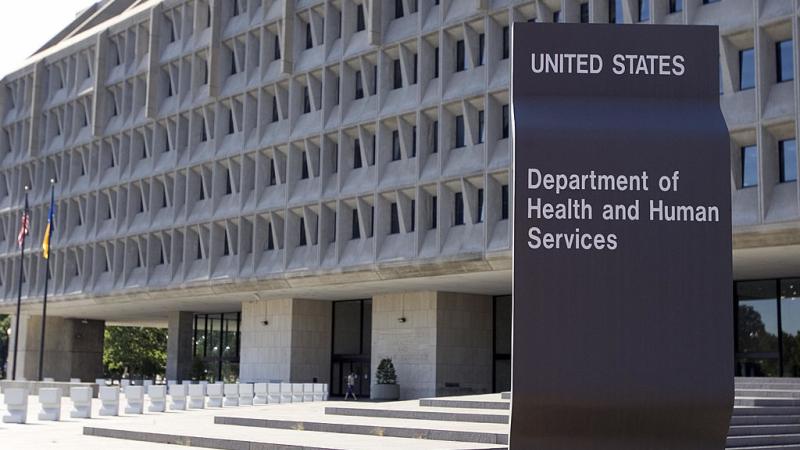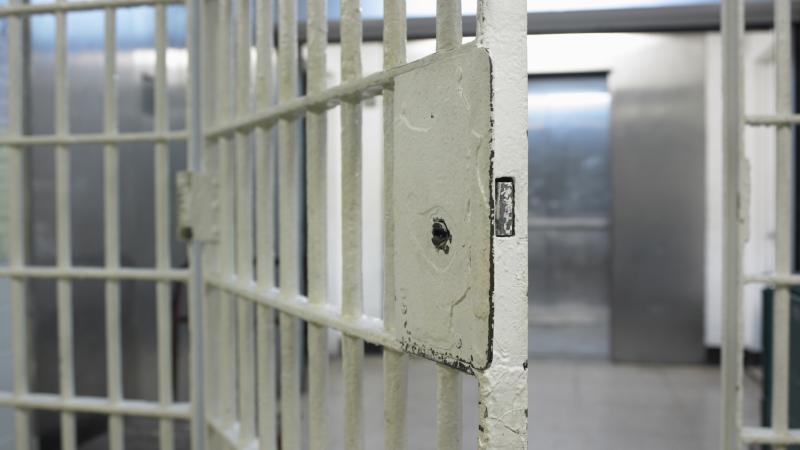Trump faces self-imposed deadline to make scores of trade deals
The president plans to sign off on each deal personally.
The White House likes to say that it moves at "Trump speed," but even the dealmaker in chief could face challenges meeting a self-imposed deadline to work out trade deals with at least 75 nations during a 90-day pause on higher tariffs.
Trump plans to sign off on each deal personally. He's also personally talking to top leaders in other countries. On Tuesday, the White House reported the president's team was reviewing 15 trade proposals.
On Wednesday, Trump reported "big progress" on talks with Japan. The president met with Italy Prime Minister Giorgia Meloni on Thursday at the White House. The same day, Trump described a call with Mexico President Claudia Sheinbaum as "very productive."
On Friday, Trump talked with UK Prime Minister Keir Starmer, the leader of a nation that maintains a special relationship with the U.S. and a more even trade balance with the U.S. than other countries.
Starmer underscored his "commitment to free and open trade and the importance of protecting the national interest" during the call, a Downing Street spokesperson said.
In March, Trump announced a 25% tariff on foreign vehicles and auto parts. That also affects the UK. British car makers sell luxury vehicles to the U.S. In 2024, the UK shipped more than 1 million British vehicles worth about $9.79 billion to the U.S.
Jaguar Land Rover halted shipments to the U.S. for a month as it studies ways to mitigate the costs of the tariffs.
The White House reported that more than 75 nations reached out to Trump and his trade team after Trump implemented a wave of what he called reciprocal tariffs on April 2 – Trump's self-proclaimed "Liberation Day" for U.S. trade.
On April 9, Trump announced a 90-day pause on those higher tariffs while keeping a baseline 10% tariff and a 145% tariff on imports from China. Trump has made some exemptions to that tariff on imports from China by excluding smartphones, computers and other electronics.
A tariff is a tax on imported goods. The importer pays the tax and can either absorb the loss or pass the tax on to consumers in the form of higher prices.
Trump has promised that tariffs will help increase federal revenue, restore manufacturing jobs lost to lower-wage countries in decades past, and shift the tax burden away from U.S. families.
Some nations, including China, have responded with retaliatory tariffs on U.S. goods. Others have signaled they are eager to make a deal with the Trump administration. Trump has not yet announced any trade deals. Trump paused the higher tariffs for 90 days, giving his administration limited time to make deals with 75 nations the White House reported reached out seeking trade negotiations.
Trump said after the 90-day pause, the higher reciprocal tariffs could come back into play, something most nations and business groups want to avoid.

